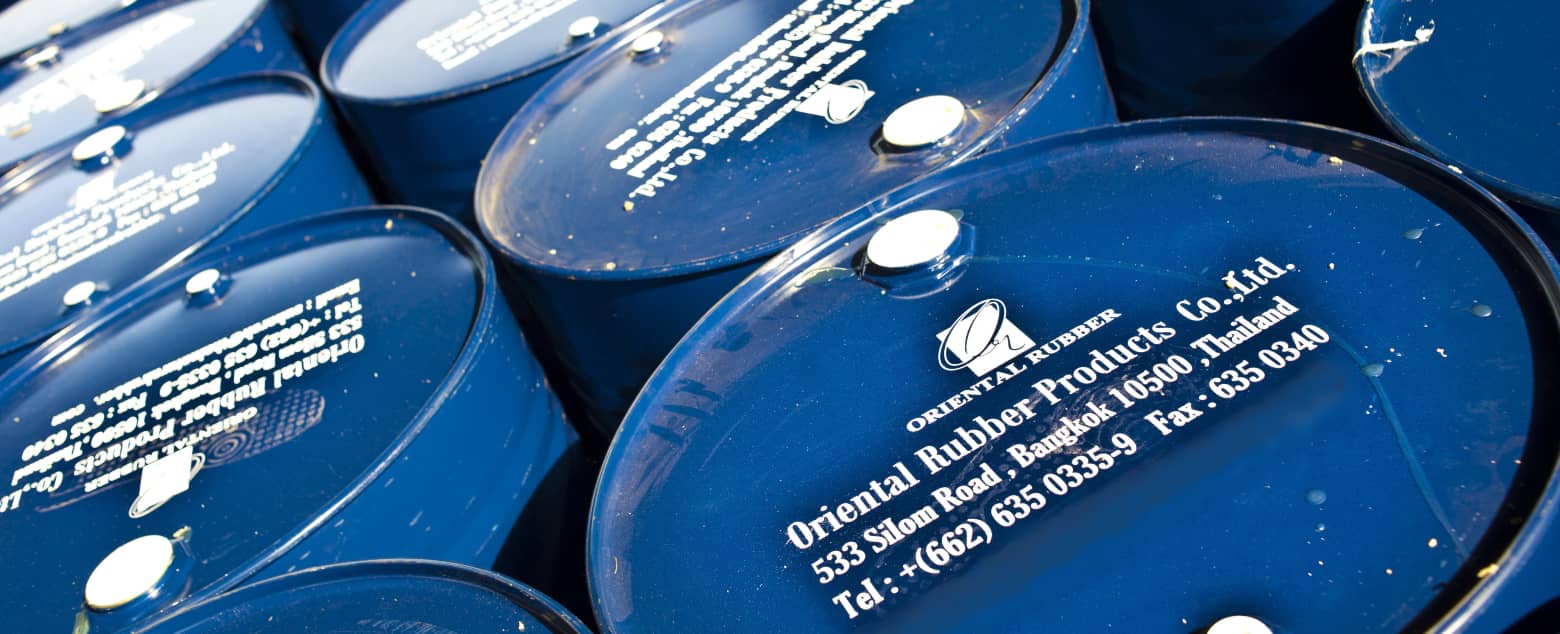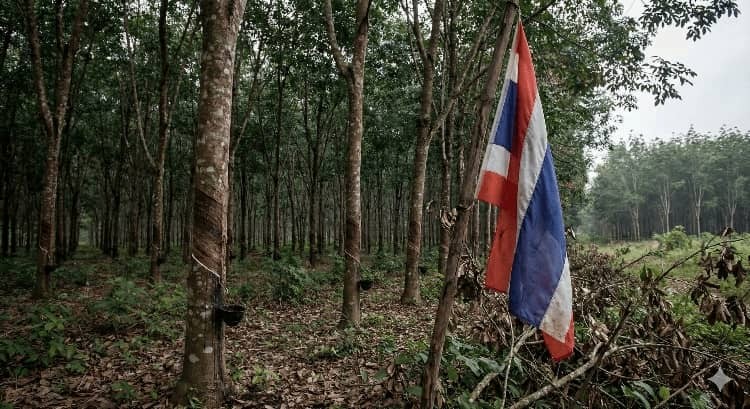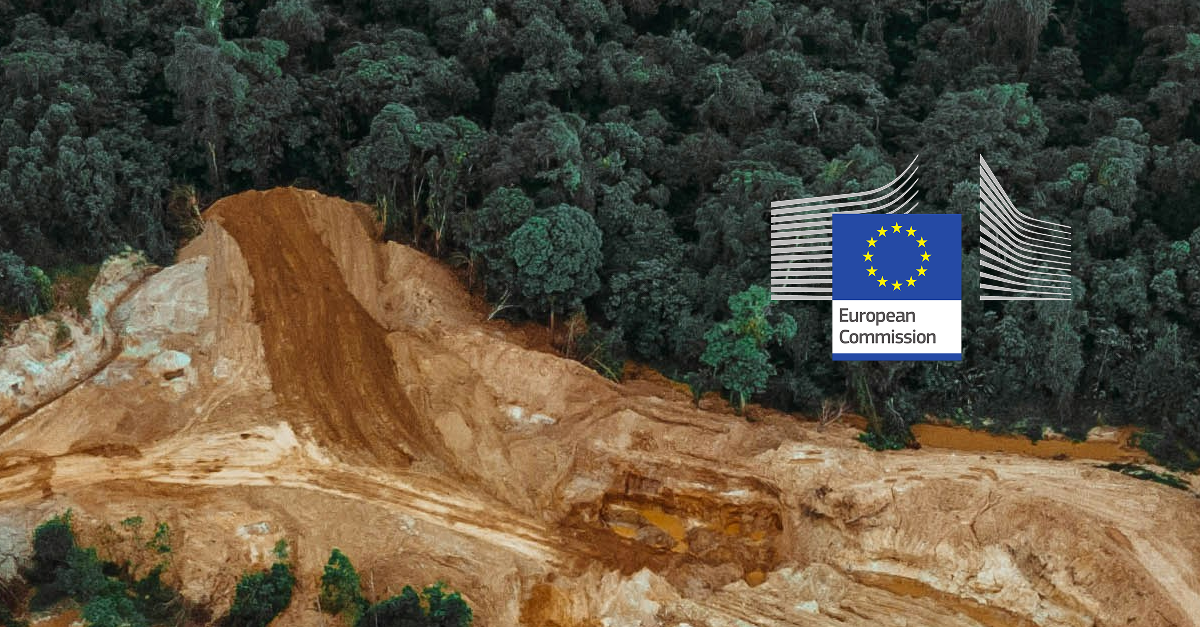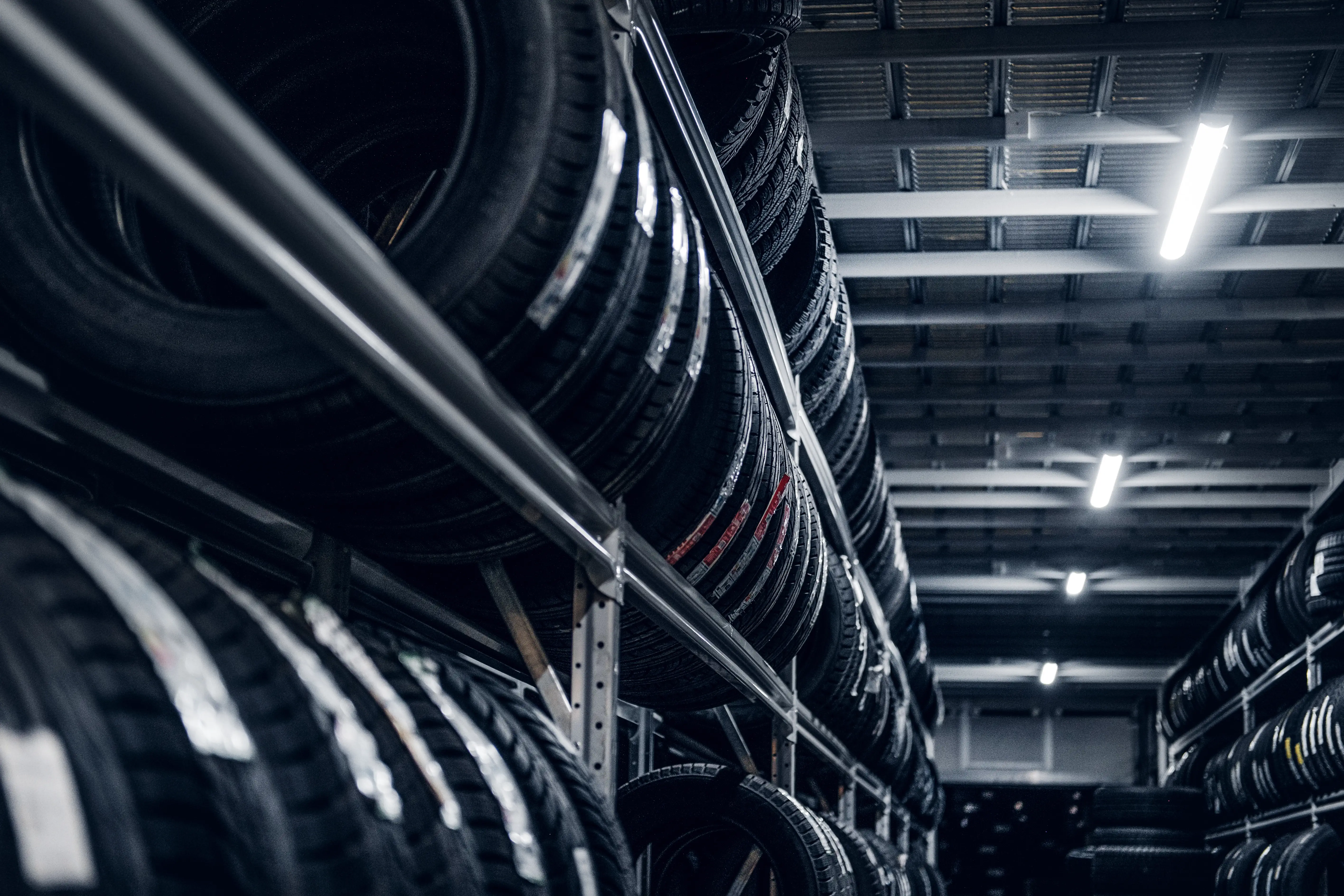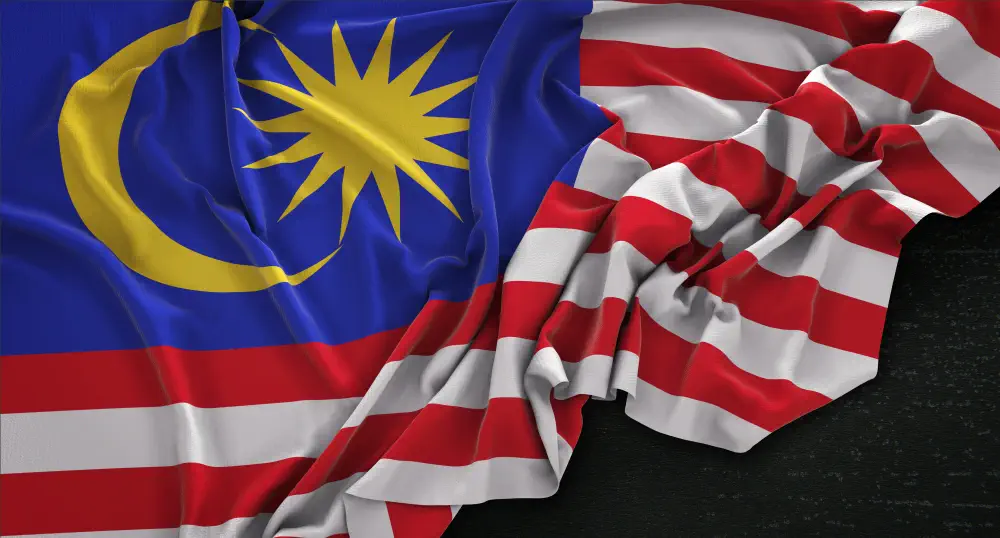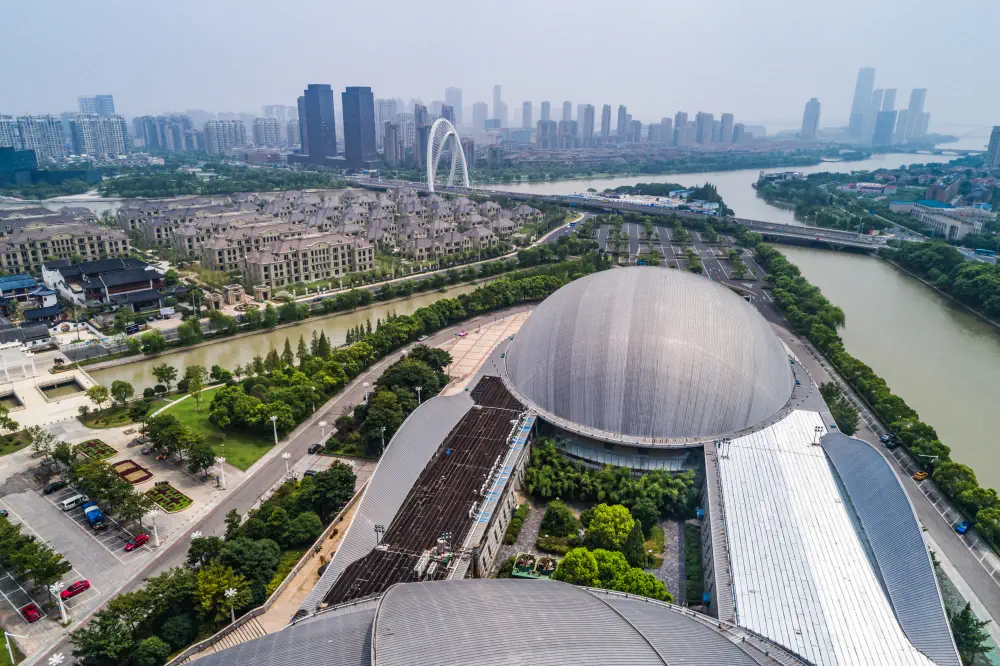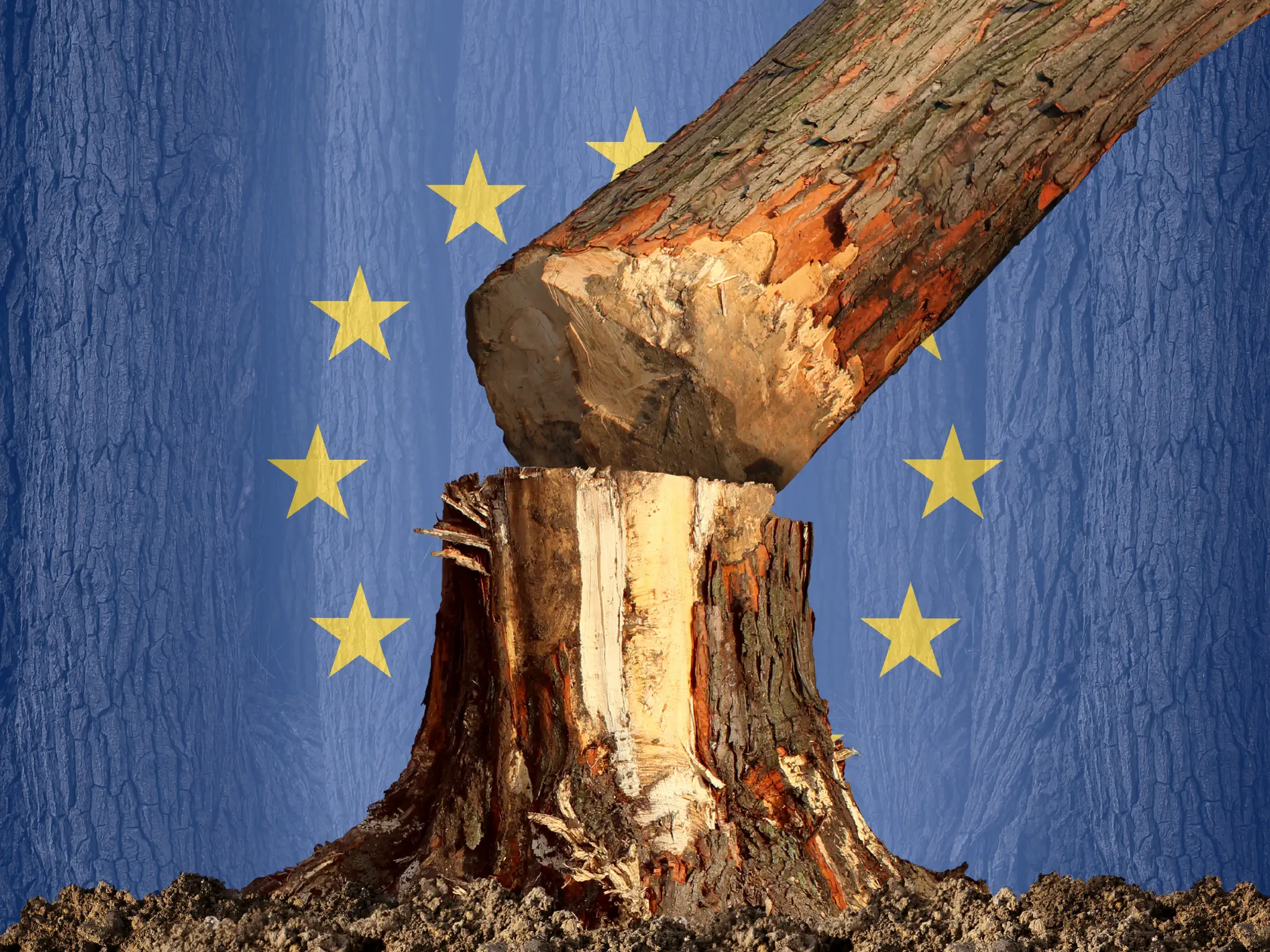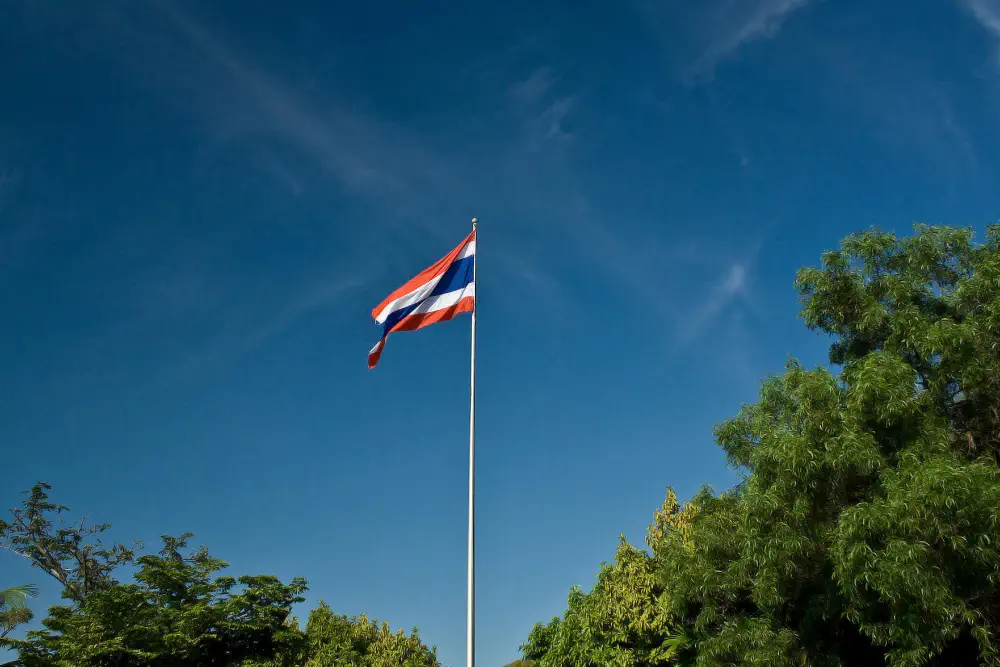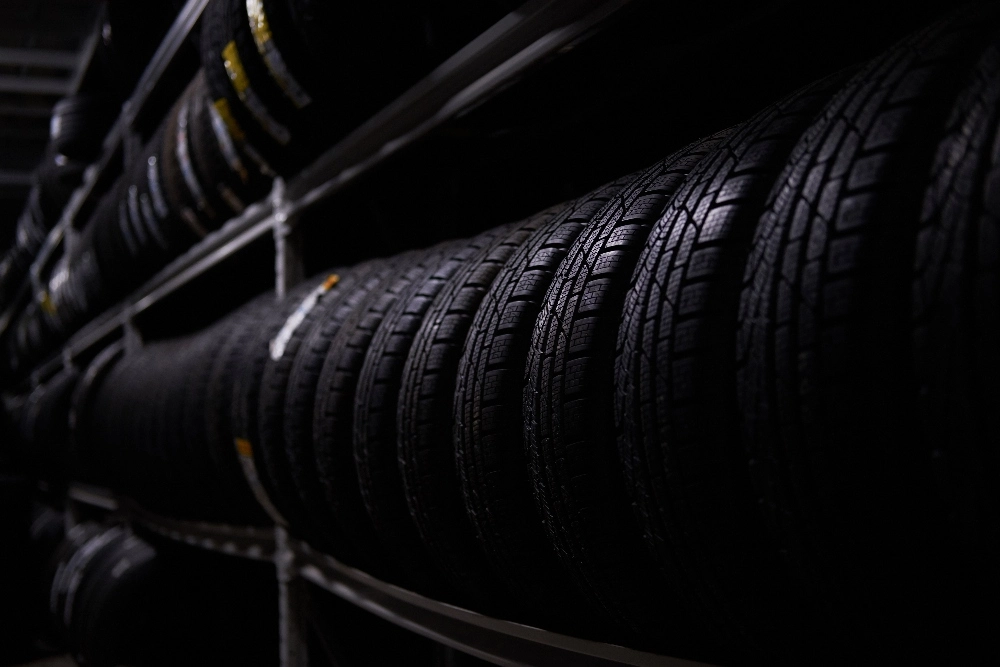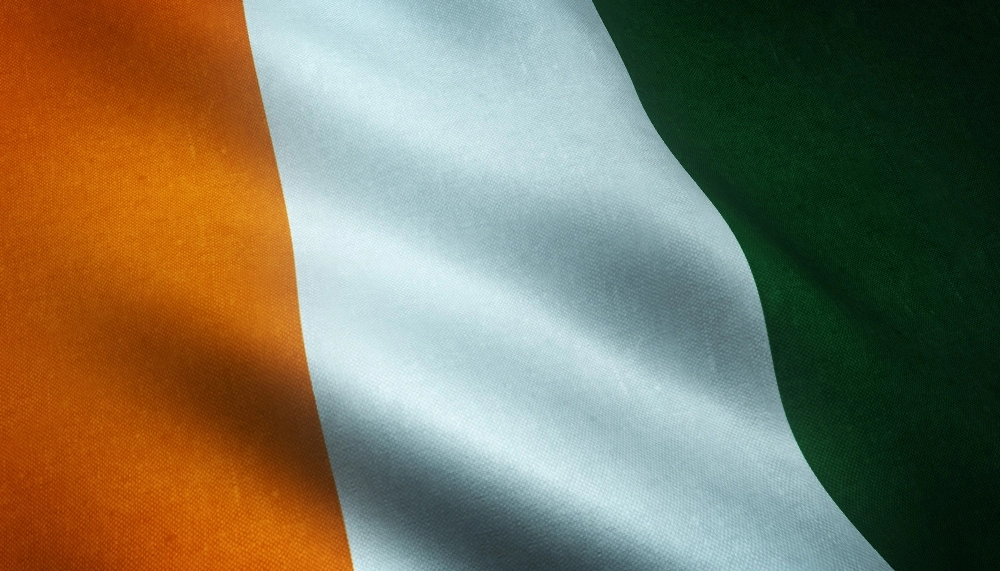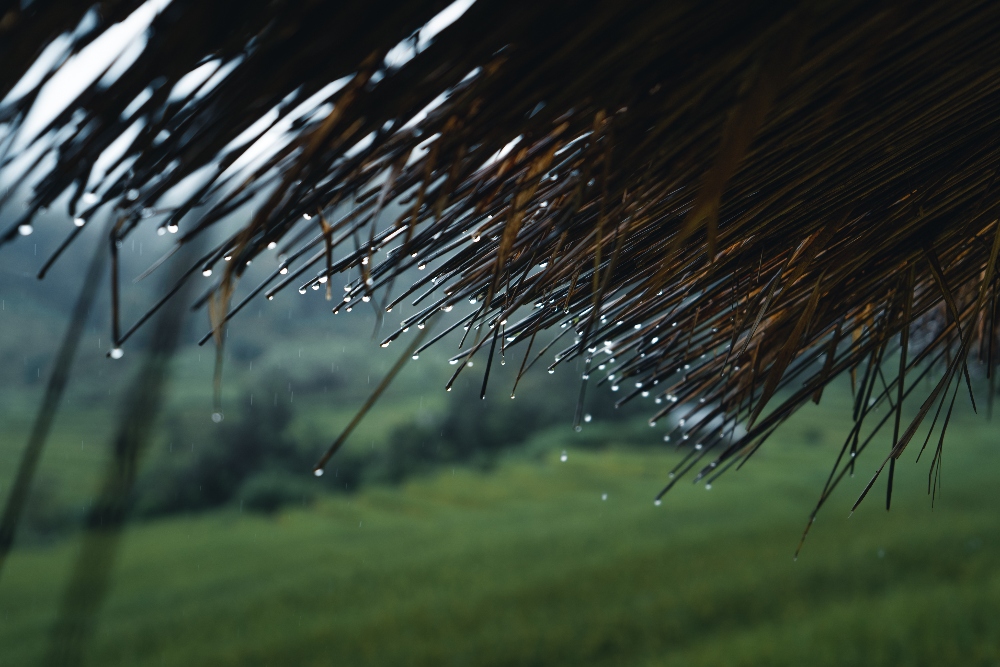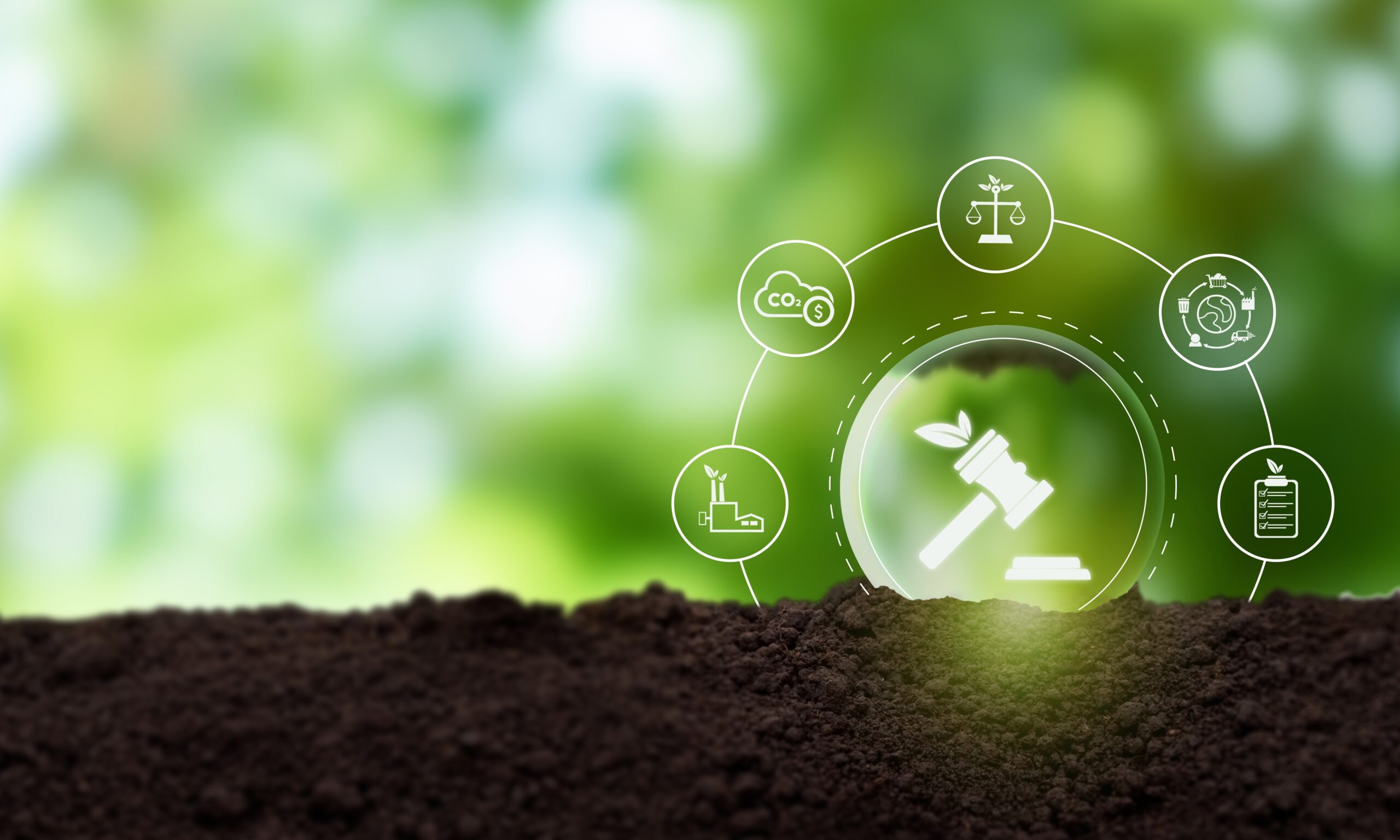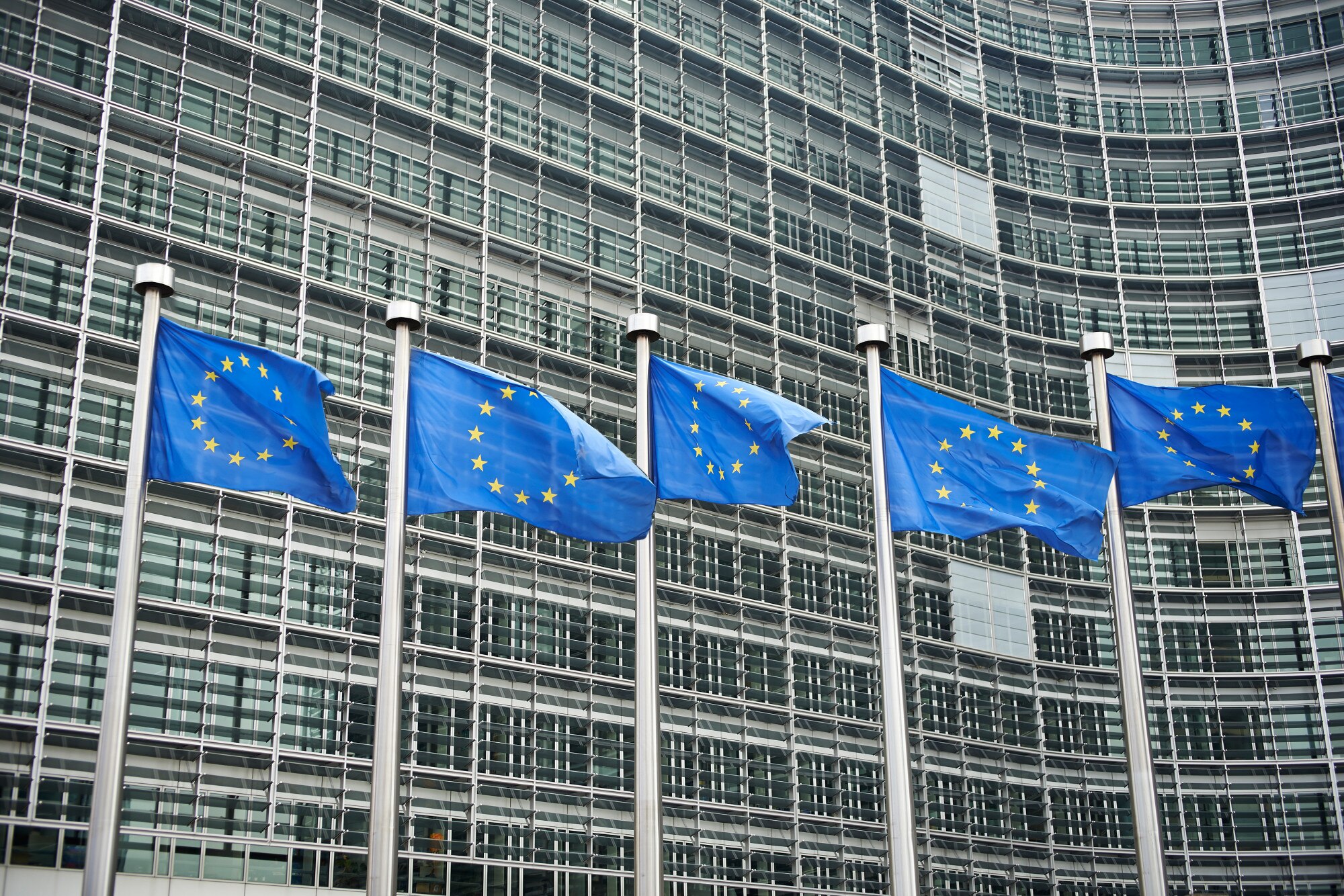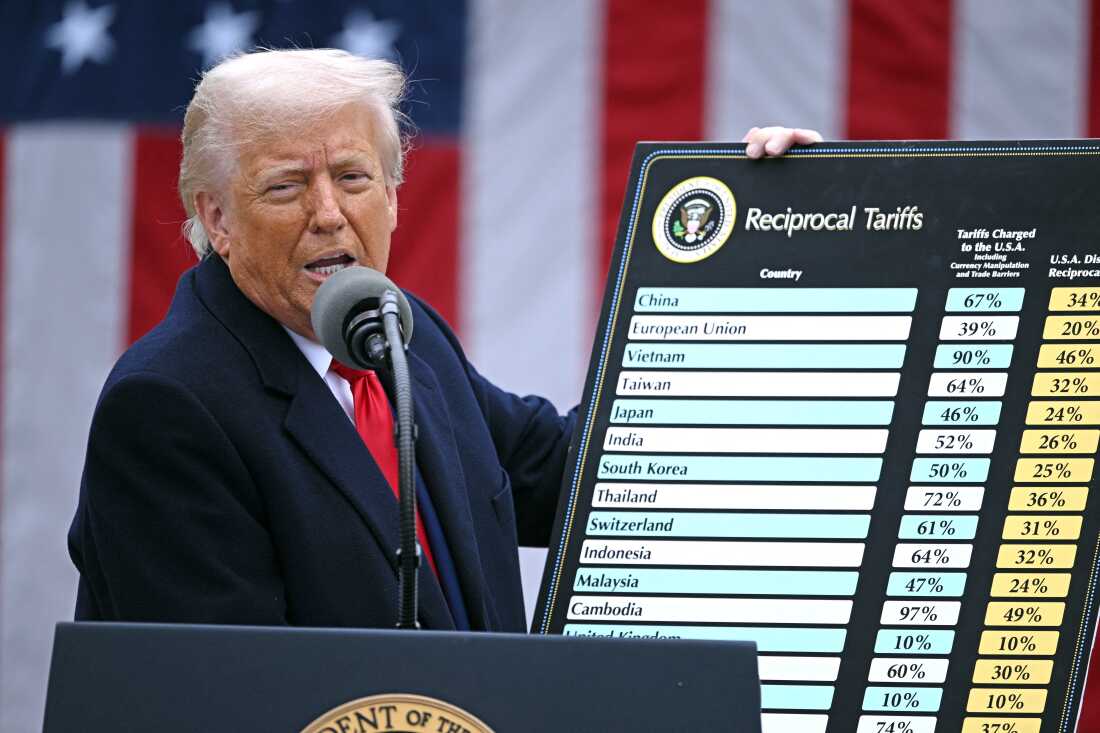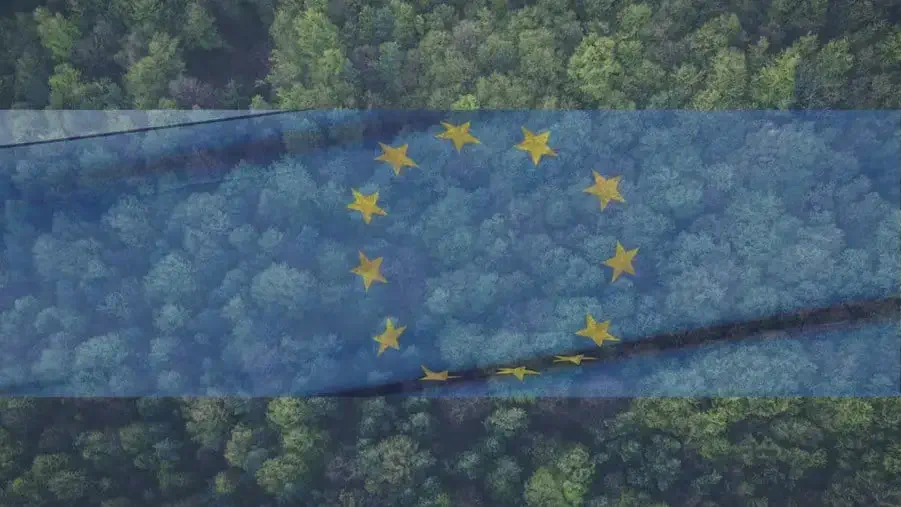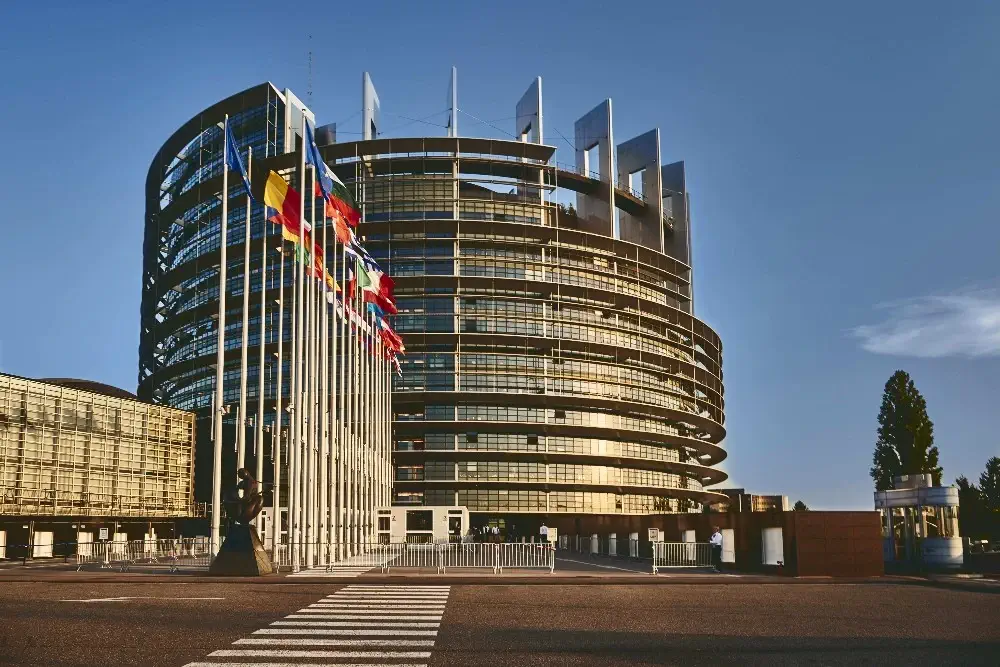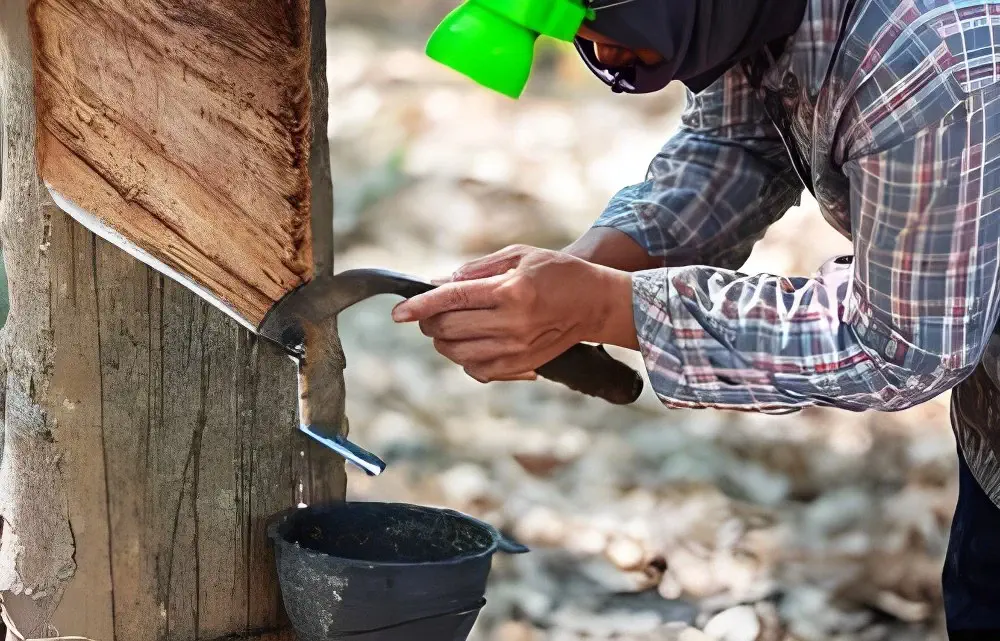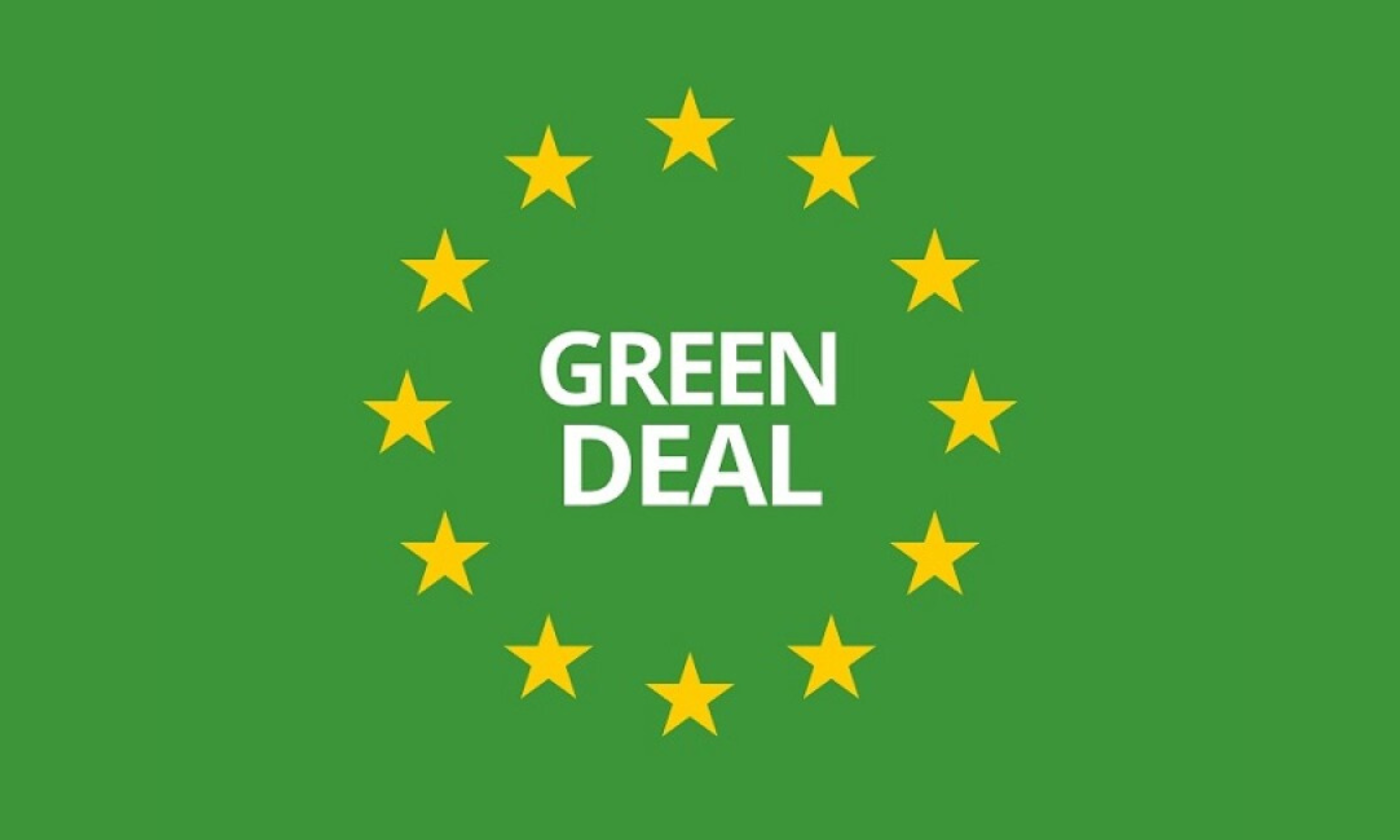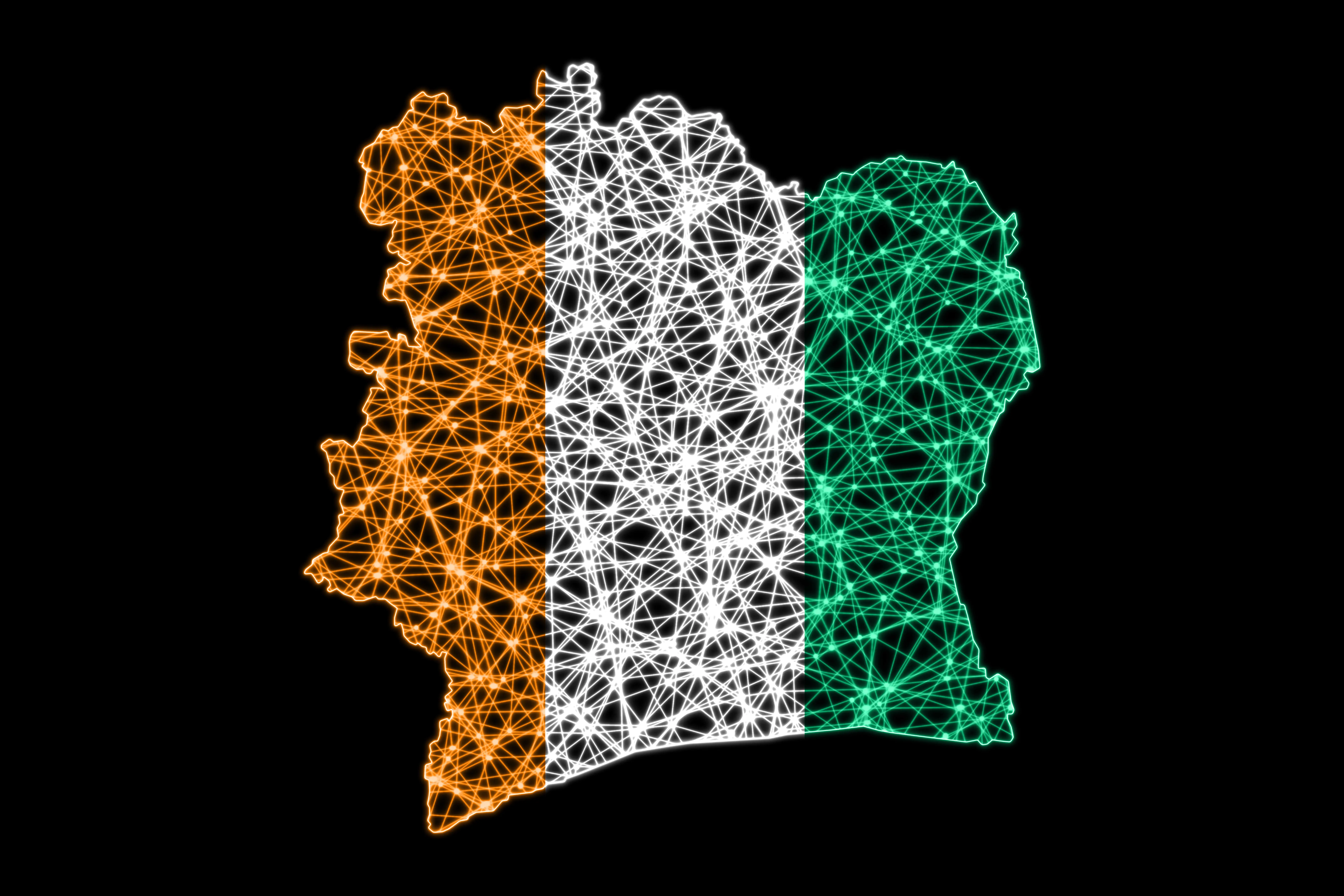
Ivory Coast Unveils Four-Point Strategy to Strengthen Global Rubber Position
Key Developments
Ivory Coast, the world's third-largest natural rubber producer, has outlined a comprehensive strategy to enhance its position in the global rubber market. The announcement came during the inaugural 'Ivory Coast Natural Rubber Days' event held in Abidjan, which attracted delegates from various rubber-producing nations.
Production Growth and Strategic Vision
The country's rubber production has seen remarkable growth, increasing tenfold from 164,138 tons in 2005 to 1,678,000 tons in 2023. Production is expected to rise further by 12% to 1.88 million tons in 2024, according to Charles Emmanuel YACE, Chairman of the Board of APROMAC (Association of Natural Rubber Professionals of Côte d'Ivoire).
Four Strategic Priorities
1. Digital Transformation and Compliance
The first priority focuses on comprehensive plantation georeferencing to create a complete database of rubber producers. This initiative serves two crucial purposes:
- Ensuring compliance with new EUDR regulations and establishing rubber traceability
- Developing a Risk Center to facilitate producer access to credit for housing and plantation development
2. Educational Development
APROMAC plans to establish an international rubber industry academy on a 236-hectare site along the Abidjan-Yamoussoukro axis. The institute will provide comprehensive training across the entire rubber value chain, from nursery operations to secondary and tertiary processing.
3. Processing Enhancement
The strategy emphasizes increasing secondary transformation capabilities and adapting training programs accordingly. APROMAC is actively encouraging investment in secondary processing for products such as tires, shoe soles, and technical components.
4. Product Branding
As Africa's leading producer, Ivory Coast aims to differentiate its rubber in international markets through a new labeling initiative. This program will highlight:
- Quality assurance measures
- Sustainable and responsible agricultural practices
- Innovative processing technologies
Thailand-Ivory Coast Collaboration
The Rubber Authority of Thailand (RAOT) has initiated dialogue with Ivory Coast's rubber sector, meeting with APROMAC and FIRCA officials. The collaboration aims to:
- Improve producer living conditions
- Establish effective international pricing mechanisms
- Facilitate technology transfer between the countries
Industry Infrastructure
Current industry statistics showcase Ivory Coast's robust rubber sector:
- 180,000 village producers (smallholders)
- 40 functional primary processing plants
- 1,815,000 dry tons/year nominal capacity
- 1,400,000 dry tons/year operational capacity
Market Position
APROMAC has reaffirmed its January 2024 ban on cup lump exports, emphasizing its commitment to block rubber exports. The association maintains that Ivorian natural rubber meets all specifications required by secondary processing manufacturers.
Historical Context
Ivory Coast's rubber industry has evolved significantly since its inception in 1953 with the first industrial plantations. Key milestones include:
- 1956: Establishment of the Rubber Research Institute (IRCA)
- 1975: Formation of APROMAC
- Present: Recognition as the third-largest global producer and leading African producer
The success of Ivory Coast's rubber sector is attributed to coordinated efforts between state actions and synergy among producers, processors, traders, and both national and international partners.
This article is based on market analysis by Helixtap Technologies. Original reporting by Vinod Nedumudy.
